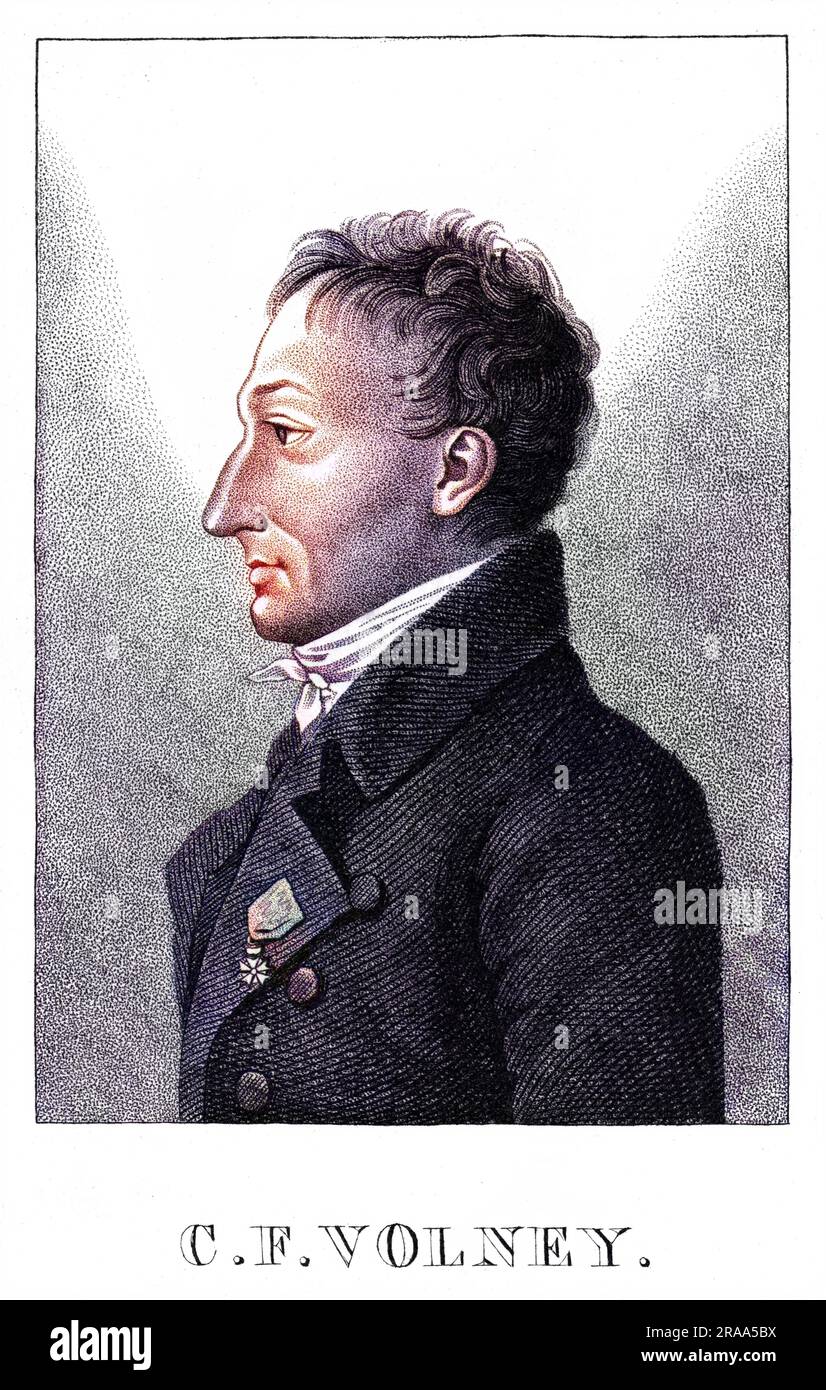
Have you ever paused to consider the influential thinkers who have profoundly shaped our understanding of history and society? One such remarkable figure is **Constantin-François de Chasseboeuf**, more widely recognized as **Count de Volney**. He was born on February 3, 1757, in the small town of Craon, France. Volney was not merely a historian; he was a multifaceted philosopher whose innovative ideas and writings left a lasting imprint on the intellectual landscape of the **18th century**. His works explored themes of reason, religion, and the nature of civilization, challenging the prevailing norms of his time. As we delve deeper into his life, his significant contributions, and the enduring impact he has had on modern thought, we can better appreciate the legacy of this extraordinary thinker and how his insights continue to resonate in contemporary discussions about society and history.
Early Life and Education
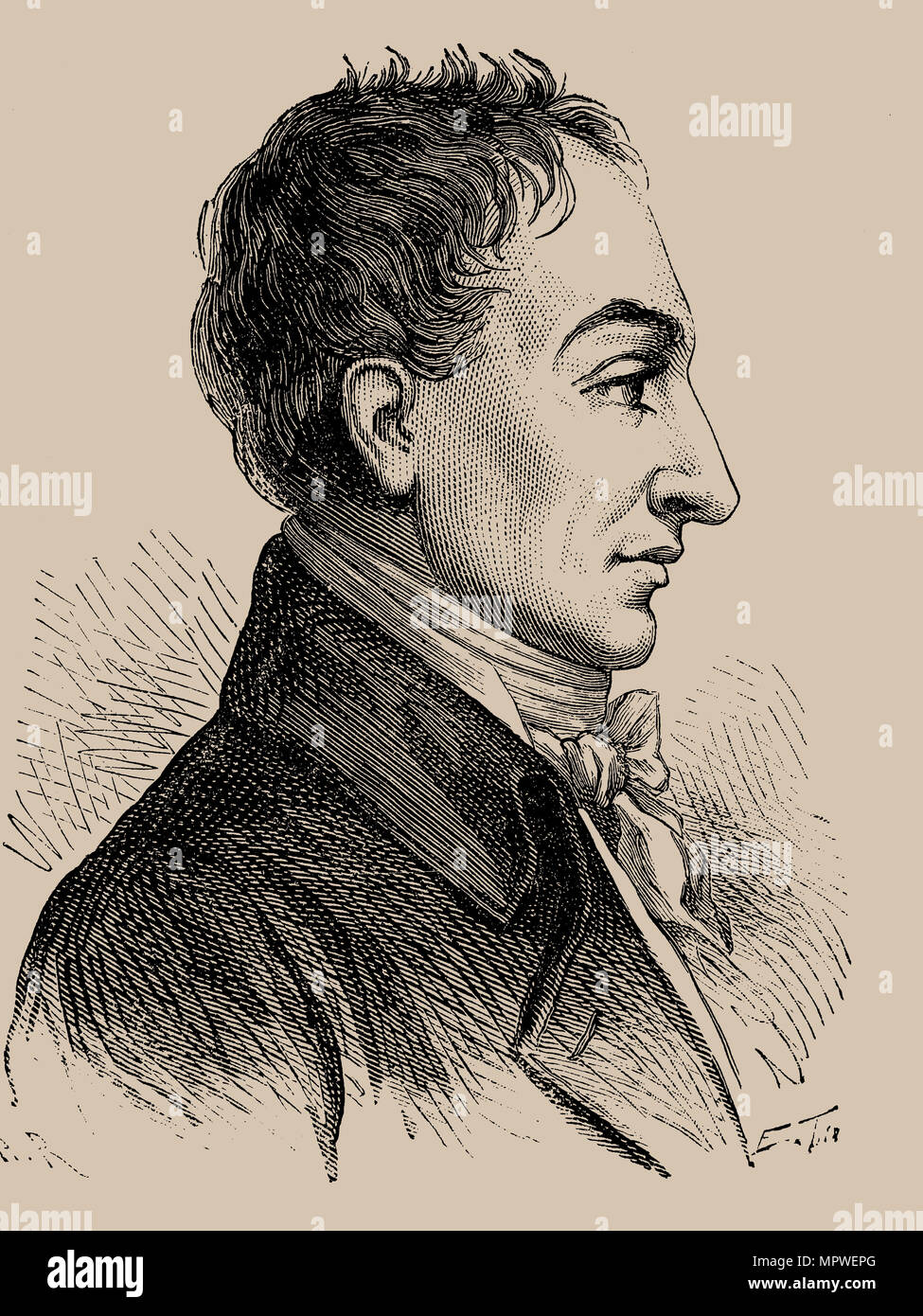
Roots in France
Volney’s remarkable journey commenced in the charming town of Craon, where he spent his formative years. It was during this time that he cultivated a deep fascination with history and ancient languages, interests that would later play a pivotal role in shaping his intellectual pursuits. His early exposure to these subjects laid a solid foundation for his future scholarly endeavors. However, it was his subsequent time spent in the vibrant city of Paris that truly transformed his intellectual landscape and set him on a path toward becoming a prominent thinker of his era.
Influential Connections
During his studies in Paris, Volney became a regular attendee at the esteemed salon hosted by Madame Helvétius, a highly regarded figure within the intellectual elite of the time. This salon served as a hub for some of the most brilliant minds of the age, including notable figures such as Baron d’Holbach and Benjamin Franklin. Engaging in discussions and debates with these influential individuals not only expanded Volney’s intellectual horizons but also ignited a passion for philosophical inquiry that would define his later works. The stimulating environment of the salon allowed him to explore diverse ideas and perspectives, ultimately enriching his understanding of the world around him.
Traveling the World: Egypt and Syria
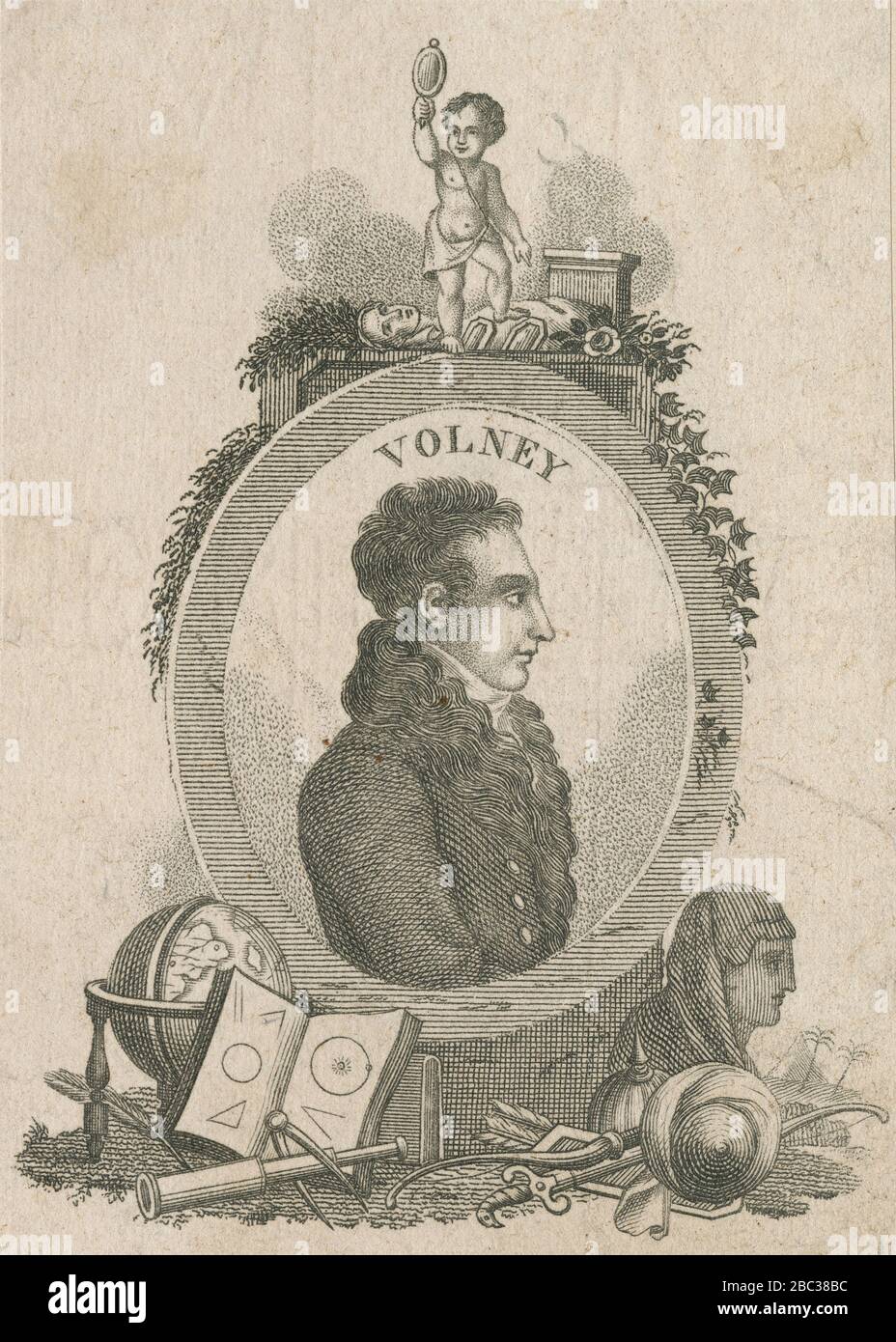
Voyage en Syrie et en Égypte
In his relentless quest for knowledge and understanding, the esteemed philosopher and traveler Volney set out on a remarkable journey to the ancient lands of Egypt and Syria. This expedition proved to be a transformative experience that would shape his intellectual pursuits for years to come. Upon returning, he penned the influential work Voyage en Syrie et en Égypte in 1787, where he meticulously documented his observations, reflections, and experiences during his travels. Picture yourself wandering through the majestic ancient ruins, feeling the weight of history in the air, and navigating the vibrant, bustling markets filled with the sounds and scents of local life—this was the reality that Volney encountered firsthand!
Impact of His Travels
However, Volney’s journey was far more than just a personal adventure; it had a profound impact on his subsequent writings and philosophical outlook. His encounters with diverse cultures and societies allowed him to gain invaluable insights into the intricacies of civilization and the myriad factors that shape human experience. These experiences not only broadened his perspective but also enriched his understanding of the complexities of human societies, ultimately influencing his contributions to the fields of history, philosophy, and social thought.
Les Ruines: A Philosophical Masterpiece
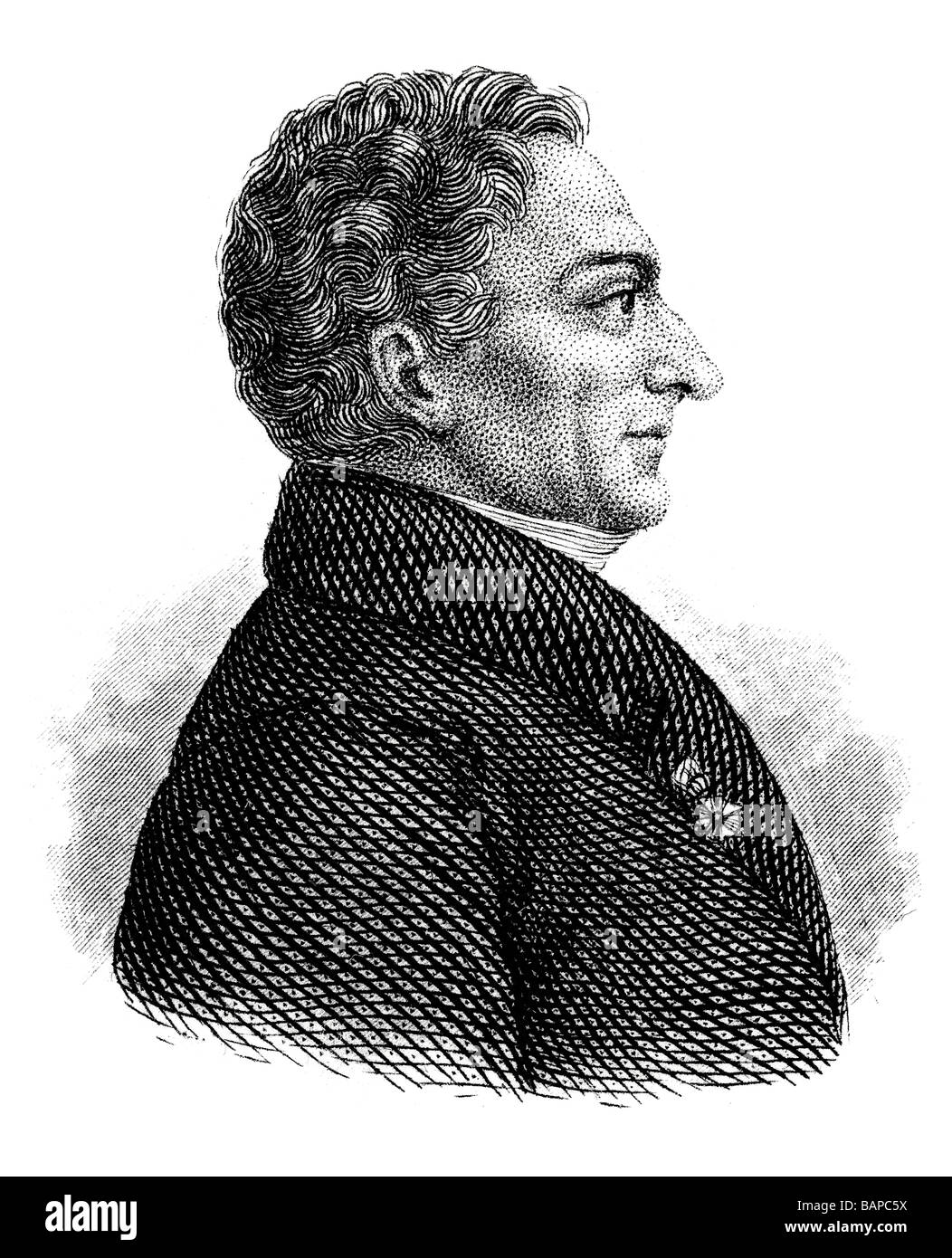
The Birth of a Classic
In the year 1791, the esteemed philosopher and writer Constantin François de Chassebœuf, known as Volney, unveiled his most significant and enduring work, titled Les Ruines, ou méditations sur les révolutions des empires (The Ruins: or a Survey of the Revolutions of Empires). This remarkable book delves deeply into the intricate dynamics surrounding the rise and fall of various civilizations throughout history. But what truly sets this work apart and contributes to its lasting impact on readers and scholars alike?
Key Themes Explored
In Les Ruines, Volney embarked on a quest to uncover the fundamental origins of civil society and to analyze the underlying factors that lead to its eventual disintegration. He posited that revolutions are often the result of societies straying from the foundational principles of natural law, religion, equality, and liberty. His insightful observations continue to resonate in contemporary discourse, prompting us to engage in critical reflection regarding our own societal values and the principles that govern our lives.
Revolution and Its Consequences
Volney approached the concept of revolution with a nuanced perspective, viewing it not merely as a manifestation of chaos and disorder, but rather as a necessary and sometimes inevitable response to the failures and injustices present within society. This thought-provoking viewpoint encourages us to ponder a crucial question: Are revolutions inherently destructive, or can they serve as catalysts for meaningful and positive change in the world? Through his work, Volney invites us to explore the complexities of societal transformation and the potential for renewal that can arise from upheaval.
Political Involvement and Advocacy

A Voice in the Estates-General
In 1789, Volney became a member of the Estates-General, a pivotal moment in French history. He advocated for the establishment of the National Guard and proposed dividing France into communes and departments. His political activism showcased his commitment to reform.
Challenges During the Reign of Terror
However, his political journey was not without challenges. As a member of the Girondist faction, Volney was imprisoned during the Reign of Terror in 1793. This period was a stark reminder of the dangers faced by those who dared to challenge the status quo.
Academic Contributions
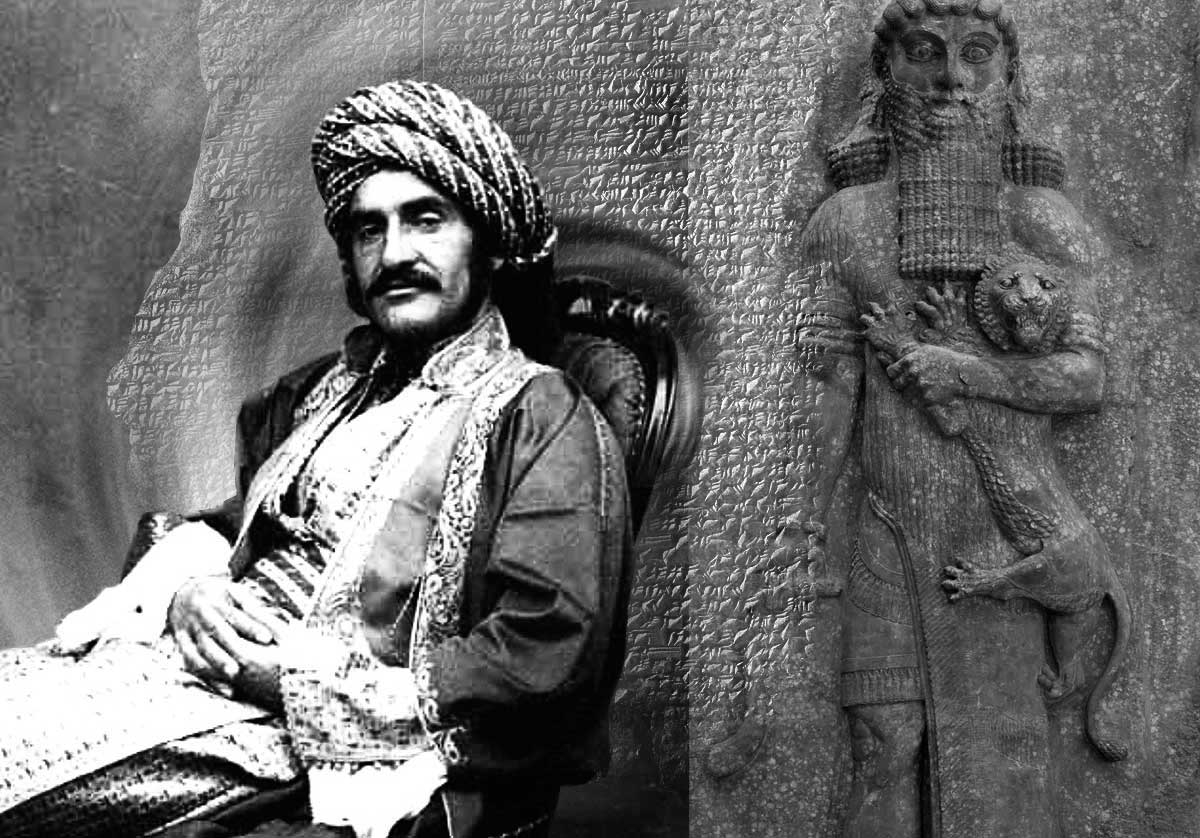
Professor of History
After his release, Volney took on the role of professor of history at the École Normale in Paris in 1794. Here, he shared his knowledge and insights with eager students, shaping the next generation of thinkers.
Influence in the United States
From 1795 to 1798, Volney traveled to the United States, where he observed the burgeoning democracy. His experiences in America further enriched his understanding of political systems and societal structures.
Later Life and Legacy
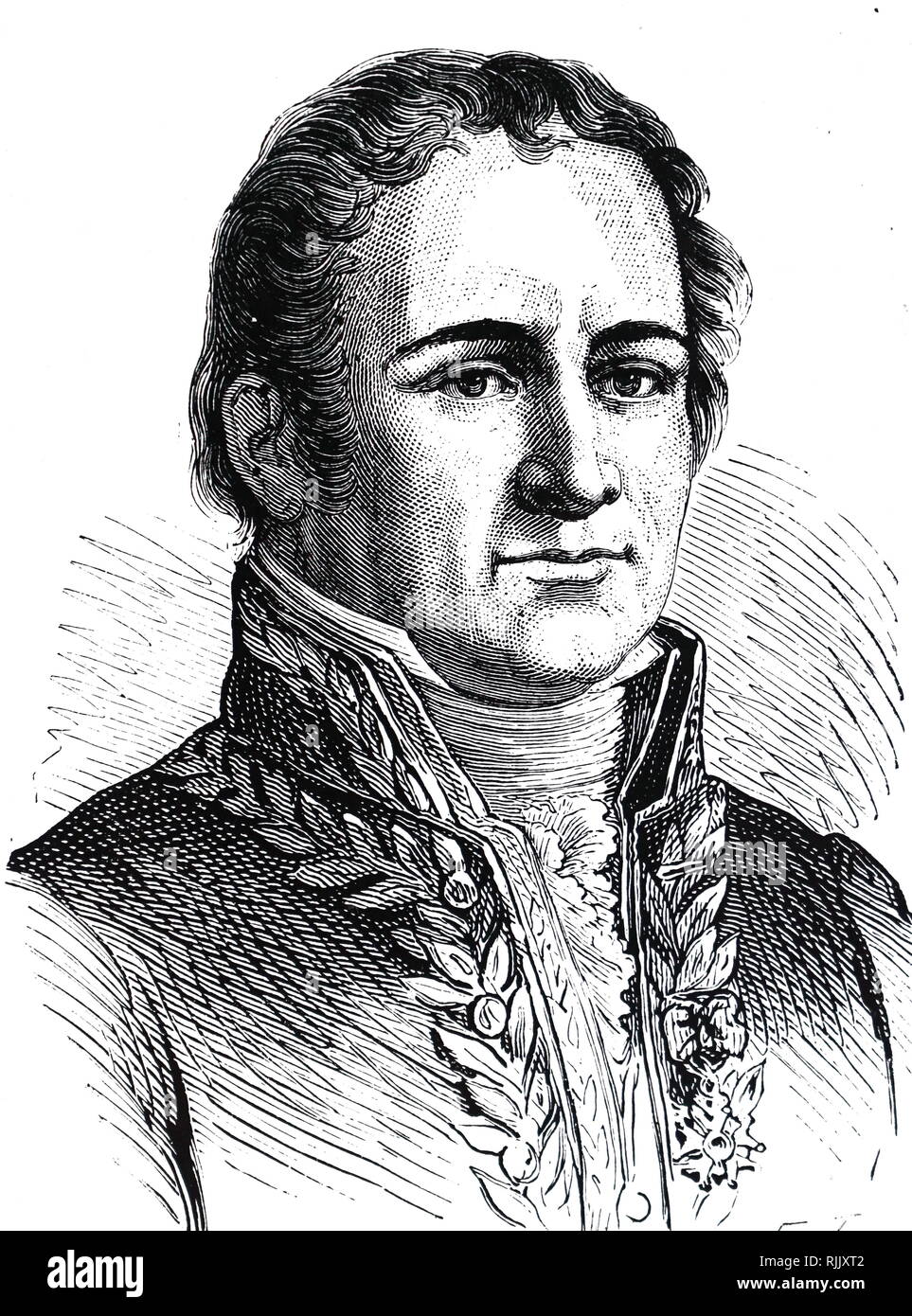
Opposition to Napoleon
Despite being appointed a senator under Napoleon and receiving the title of comte d’empire in 1808, Volney remained critical of the empire. His unwavering principles highlight the importance of integrity in leadership.
A Peer of the Realm
In 1814, Louis XVIII recognized Volney’s contributions by creating him a peer. This acknowledgment solidified his status as a significant figure in French history.

Constantin-François de Chasseboeuf, Count de Volney, was more than just a historian; he was a visionary thinker whose ideas continue to inspire. His exploration of civil society, revolution, and human rights remains relevant today. As we reflect on his life, we are reminded of the power of ideas to shape our world.
Table: Key Works of Count de Volney
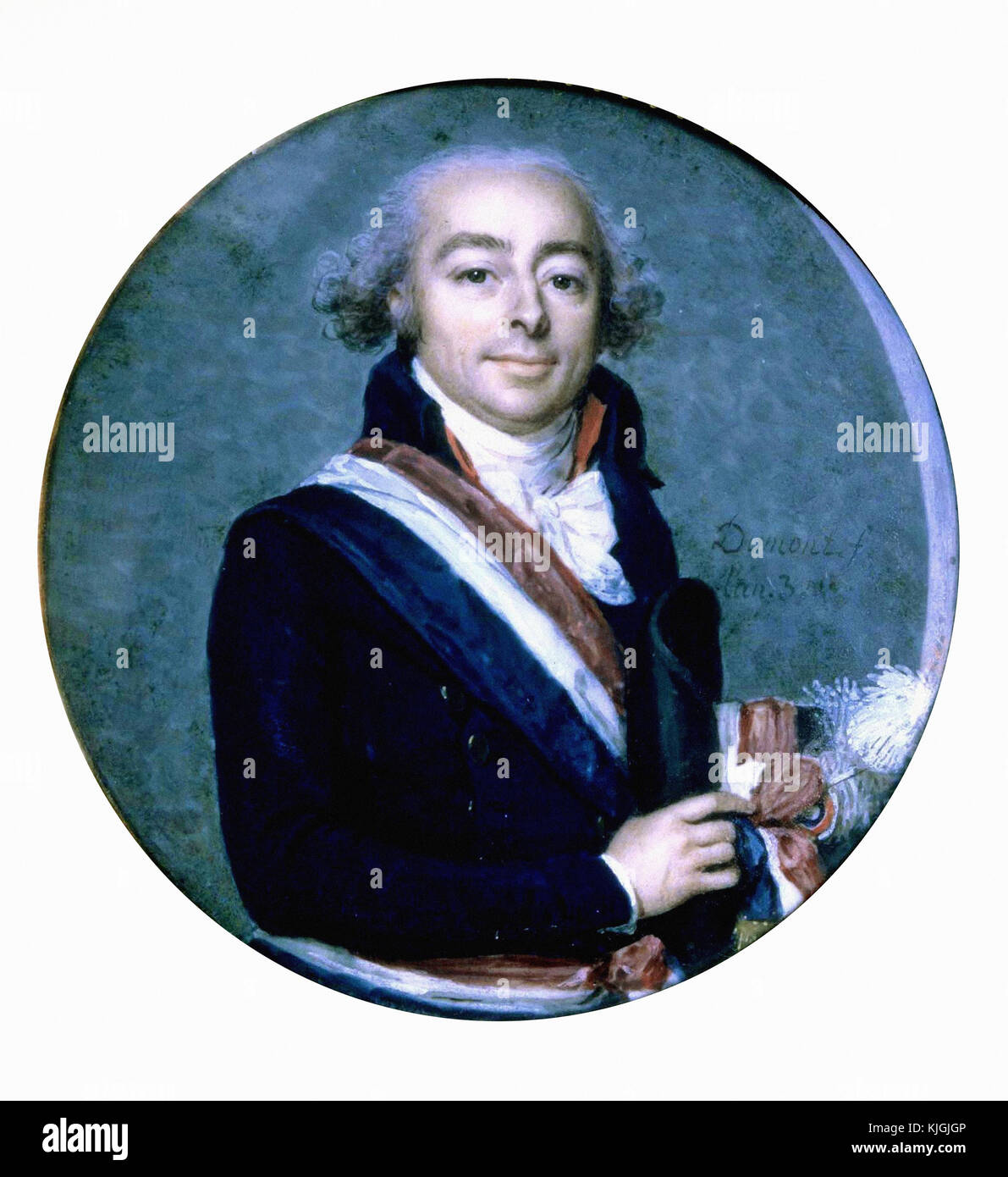
| Title | Year | Significance |
|---|---|---|
| Voyage en Syrie et en Égypte | 1787 | Documented travels and cultural observations |
| Les Ruines | 1791 | Explored the rise and fall of civilizations |
| Various Political Essays | 1790s | Advocated for social and political reforms |
So, what do you think? How do Volney’s ideas resonate with our current societal challenges? His legacy invites us to question, reflect, and strive for a better understanding of our world.

